What is removing the whip, filibustering and other Brexit jargon?
- Published
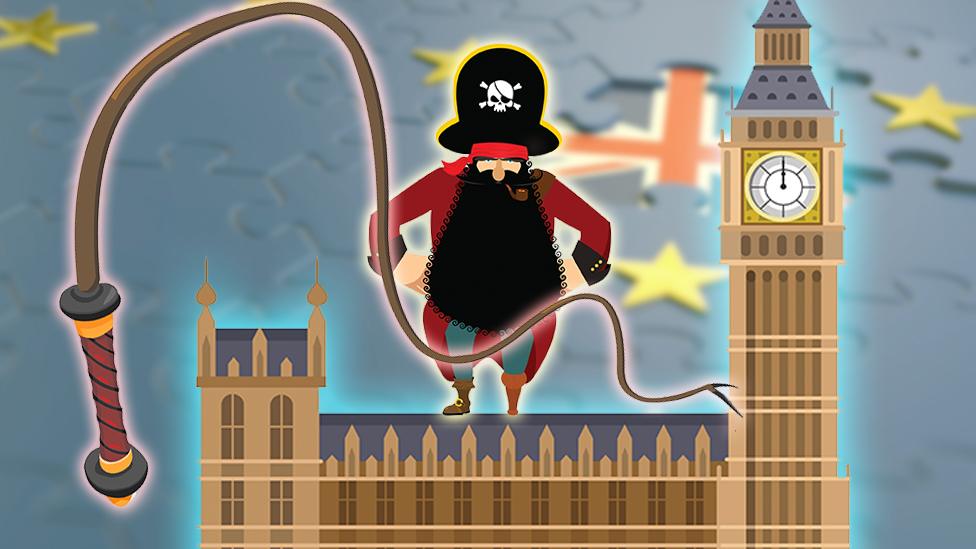
Another day of Brexit, another load of jargon that needs deciphering.
There's been talk of MPs having the whip removed, the prime minister losing his majority in Parliament and of the House of Lords potentially filibustering.
If you've been following some of the coverage and started to feel like you're in an exam which you didn't revise for, worry not.
Many people feel the same - and not all of them are outside the newsroom!
Whether you're glued to the 24-hour news or just checking in with the latest developments, here's our 'back to square one' guide to a few of the words and phrases you'll hear in the next few days.
Removing the whip
What happened in British politics over Brexit on Tuesday?
No, it's nothing to do with having your car taken away.
A whip is a person in a political party who gets MPs to vote how the party wants them to.
Basically, they're there to enforce discipline within the party - to make sure MPs toe the line.
So if you're a Conservative MP and the party's trying to pass a new law, the whip is there to make sure you turn up and vote.
Nicholas Soames MP said having the whip removed was "fortunes of war".
You might also have heard talk about a "three-line whip."
That's a reference to the weekly letter that goes round to MPs and Lords, telling them which votes are coming up.
The votes are underlined if your party's whip thinks it's important you back them.
If one is underlined three times - the three-line whip - they insist you vote the way they want. Fail to do that and you risk a stiff talking-to, or more severe punishment.
The most severe is "having the whip withdrawn" - which means you are kicked out of the party within Parliament.
You remain an MP but immediately become an independent - not aligned to, say, Labour or the Conservatives.
That's what happened to 21 Tory (Conservative) MPs on Monday night, when they voted against their own government.
People including Winston Churchill's grandson Sir Nicholas Soames and Ken Clarke, who's been a Tory MP for 49 years, were among those who had the whip removed.
That means the number of Conservative MPs in the House of Commons has fallen. Which brings us on to...
Losing a majority
Boris Johnson reacts to losing key Brexit vote
It's all about quick maths.
The House of Commons is made up of 650 MPs who vote to decide what laws are made.
Simply put, if you control more of them than the other parties do - a majority of them - you can control the whole process.
The more MPs a government has, the more likely they're able to vote things through that they want to.
The trouble starts if you don't have enough MPs to make up 50% of the people voting - and that's what just happened to Boris Johnson.
The Conservative party leads what's called a minority government as they don't control over half of the MPs in the House of Commons.
They have an agreement with the Democratic Unionist Party in Northern Ireland, whose 10 MPs just about tipped them into a majority.
But on Tuesday, Tory MP Philip Lee quit his party to join the Liberal Democrats which wiped that out.
And now 21 other Tory MPs have been kicked out, the government's got even fewer MPs on its side.
Filibustering

Goes on for ages and might put you to sleep... filibustering that is, not the Pirates of the Caribbean franchise
Fun fact: the word filibuster originally referred to pirates who would rob ships at sea.
But it now means using delaying tactics to stop a law being passed.
Bills (potential laws) are debated in the Houses of Parliament and usually have a time limit on how long they can be discussed for.
A Lord or an MP can wind the clock down by deliberately making long speeches or raising unnecessary points to waste time.
Think of a goalkeeper taking ages for a goal kick, with 89 minutes played and the referee checking their watch.
It's what might happen this week if a motion to stop a no-deal Brexit is voted through by MPs - which means it passes through to the Lords.
Some pro-government Lords could filibuster by trying to add lots of amendments and making overlong speeches - which could be enough to stop the motion going through.
It means Lords might have to get ready to be in parliament for the long haul - Lib Dem Lord Richard Newby's brought his wheelie bag and a change of clothes...
Allow X content?
This article contains content provided by X. We ask for your permission before anything is loaded, as they may be using cookies and other technologies. You may want to read X’s cookie policy, external and privacy policy, external before accepting. To view this content choose ‘accept and continue’.



Follow Newsbeat on Instagram, external, Facebook, external, Twitter, external and YouTube, external.
Listen to Newsbeat live at 12:45 and 17:45 weekdays - or listen back here.
- Published13 July 2020
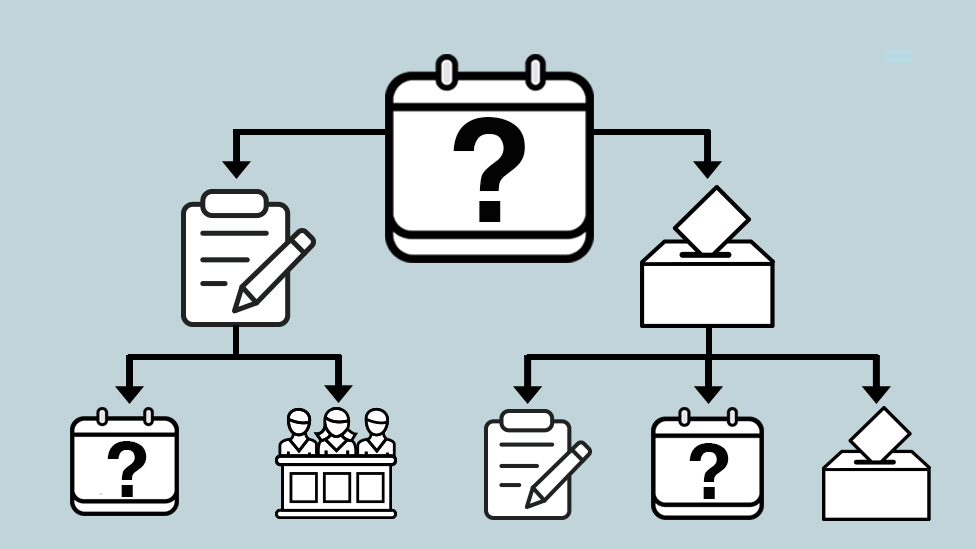
- Published4 September 2019
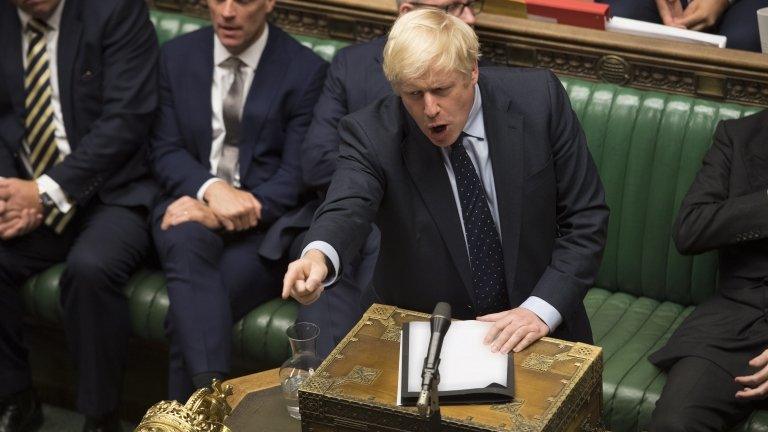
- Published4 September 2019
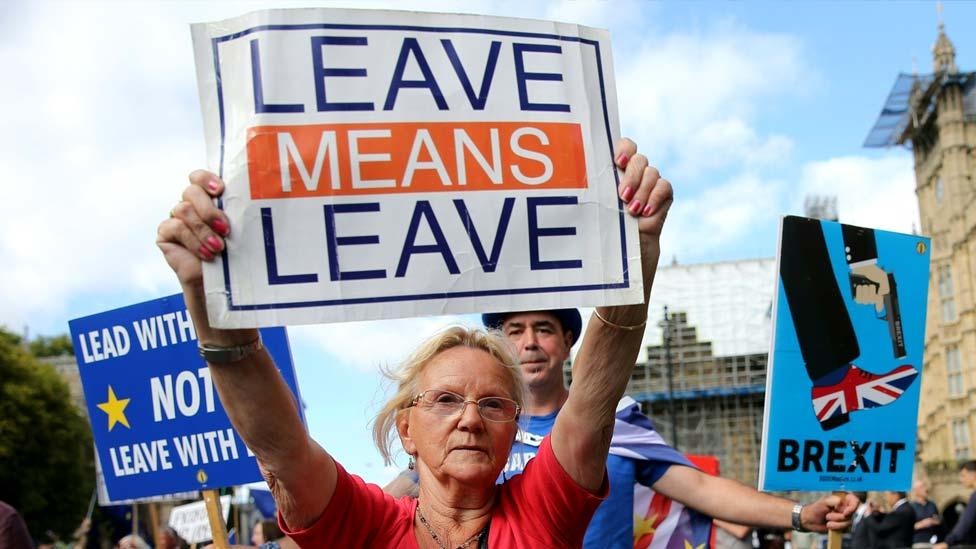
- Published4 September 2019
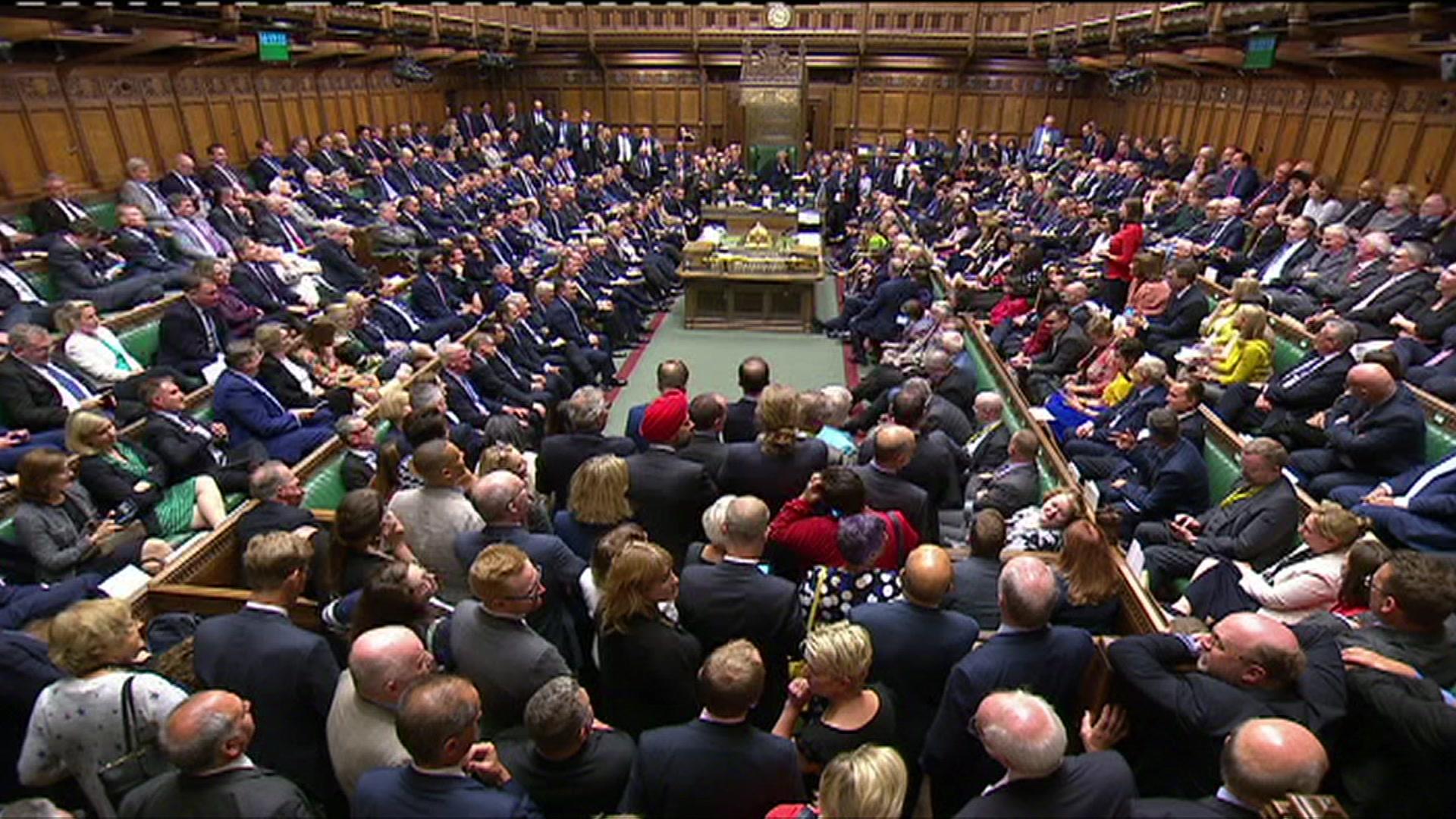
- Published5 November 2019
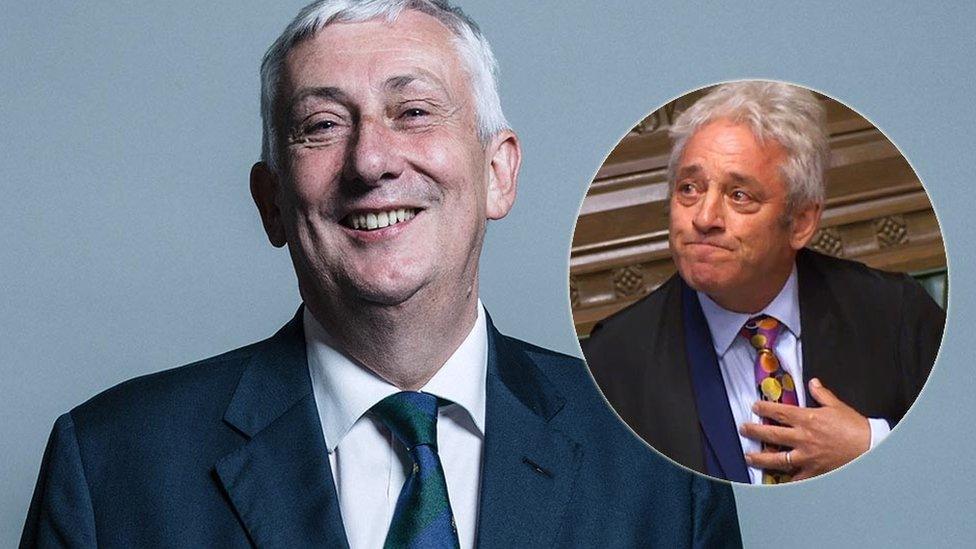
- Published3 September 2019
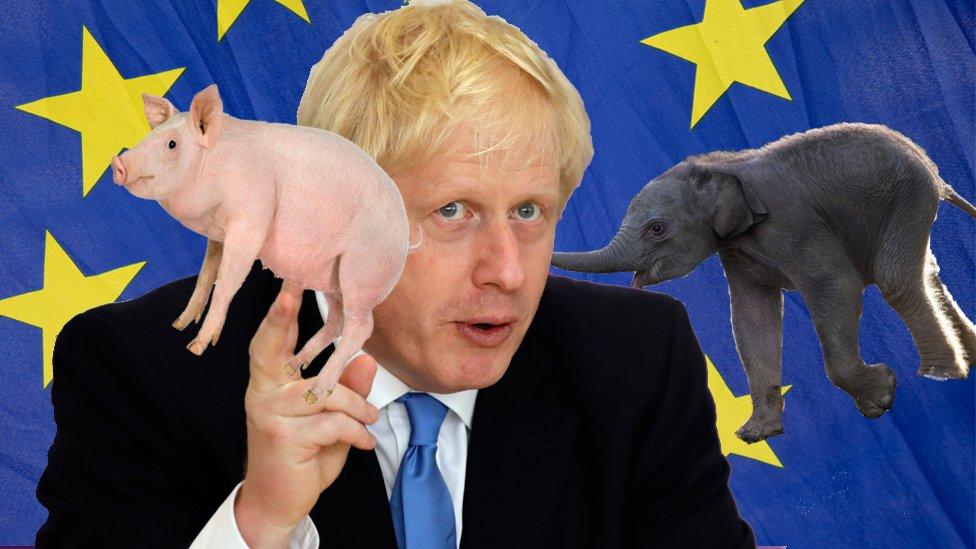
- Published3 September 2019
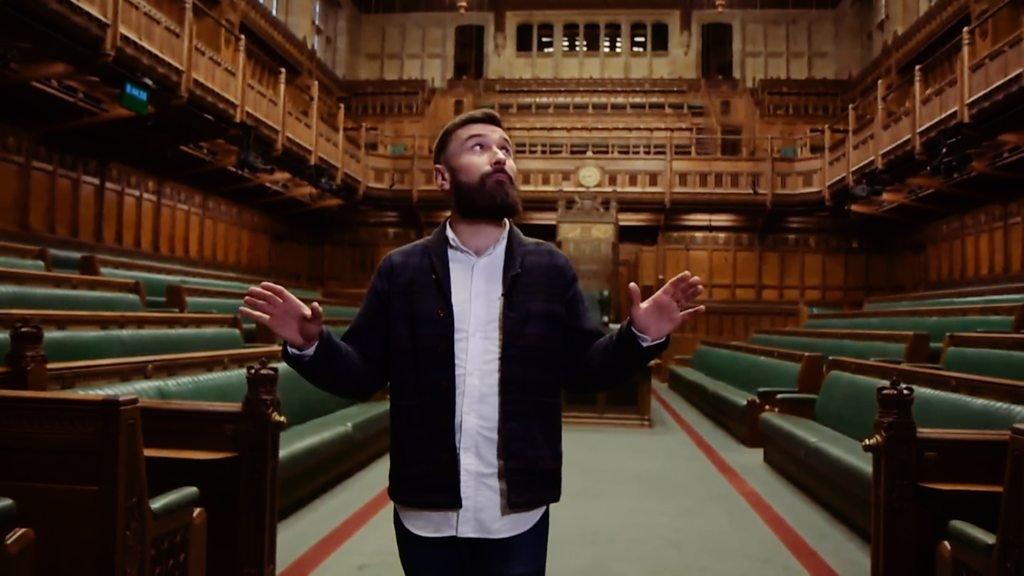
- Published3 September 2019
